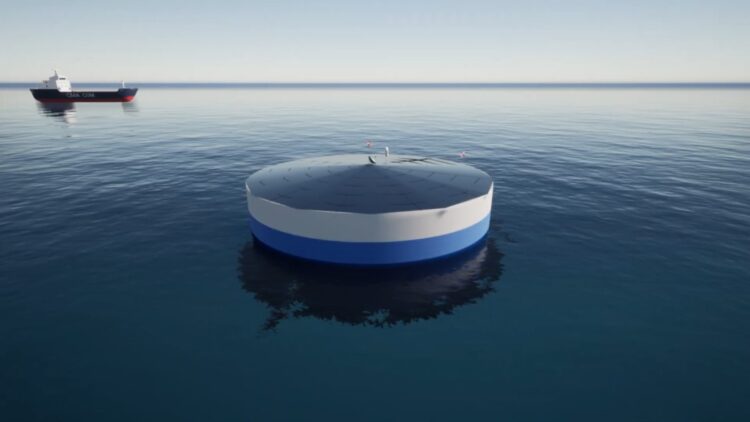A Spanish region has found something in the sea that for 200 years we thought was a myth. The sea has great potential that humans are beginning to take advantage of. Although the different energies coming from the sea have yet to be discovered, after decades of research, they are gaining a place in the renewable energy sector.
The world needs to reduce its dependence on fossil fuels and relying on an unlimited and accessible supply seems the best option. Ocean energy is about harnessing the energy power of the oceans to transform it into electricity. It is extracted especially from the power of waves, tides, currents, salinity and temperature differences between the surface and the seabed.
The advantages we can find in ocean energies are very similar to those found in renewable energies. They do not produce waste or cause major environmental impacts.
This myth of the sea disappears thanks to this Spanish region
In 1881, someone said that it was possible to generate electricity with the heat of the sea and now this theory will be tested in the Canary Islands. French inventor Jacques Arsène d’Arsonval designed a steam turbine that spins on warm water and now its first prototype has begun to be built in a shipyard in Gran Canaria.
The oceans are warming and, although many might think it’s a bad omen, a consortium of European companies called PLOTEC has seen an opportunity to test a technology in the Canary Islands. It’s called OTEC (Ocean Thermal Energy Conversion) and it’s a floating platform that transforms warm seawater into electricity via a steam turbine.
OTEC is actually a cylindrical barge with several pumps, a pair of heat exchangers and a turbine. Two pairs of tubes come out of the lower area, one for warm water from the surface and one for cold water from the seabed. The process is easy to understand.
How does the technology that will be tested in the Canary Islands work?
To begin with, this technology sucks water from the sea surface, which was previously heated by the sun’s rays. This warm water (around 26ºC) is used to evaporate a fluid with a low boiling point. The steam generated turns a turbine connected to a generator to generate electricity.
The barge also draws cold water from the deep sea with a turbo that extends up to 1 km. The cold water is at about 4 degrees and is used to cool the steam, transforming it back into a liquid that can be reused.
This system operates continuously and the energy produced is transmitted to the grid via an underwater cable. The first test will be carried out with a 1:5 scale prototype. The hull of the platform will be assembled at the Hidramar shipyard in Gran Canaria, the cold water piping will be manufactured in Austria.
There are only a few months left for POTEC to discharge this method in the Atlantic, where it will be ‘at the disposal’ of the ocean conditions that appear during one year.
The myth about the sea will end in the Canary Islands
This technology is not something new, although it may seem so at first glance, but dates back to the 19th century. As we mentioned before, it was the French inventor Jacques Arsène d’Arsonval who mentioned this idea in 1881 and Georges Claude, one of his disciples, brought to the world the first functional plant (OTEC-1) in Cuba back in 1930.
After so many years thinking that it could be a myth, this Spanish region will see the resurgence of this revolutionary and bohemian idea. If you like topics related to energy and the sea, you cannot miss the scope of tidal energy in Spain.


